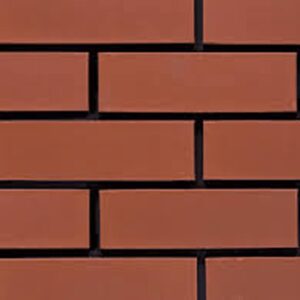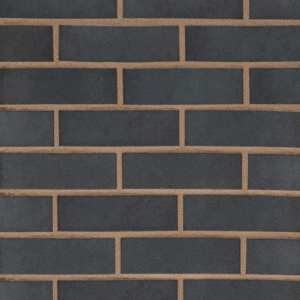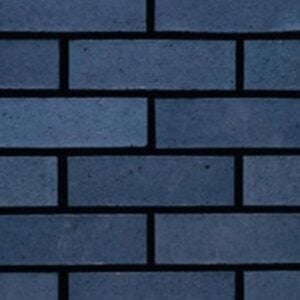Class B Engineering Bricks
Forterra 65mm Accrington Solid Smooth Red Class B Engineers Bricks (Pack of 468)
Class B engineering bricks are a type of brick that is used where strength, low water porosity, or acid resistance is required. You can use class B perforated bricks for damp proof courses, and they are specifically made to improve the technical and structural performance of a wall or building from a practical point of view rather than an aesthetic point of view. Class B perforated blue engineering bricks 215 x 102 x 73mm (L x W x H), have a high strength, low water porosity and are the ideal choice for construction work thanks to their compressive strength and low water absorption.
What are Class B engineering bricks?
The difference between a Class A engineering brick and a Class B engineering brick is essentially to do with the compressive strength and the water absorption. A Class A engineering brick has a compressive strength greater than 125N/mm2 and water absorption less than 4.5%, whereas a class B engineering brick has a compressive strength greater than 75N/mm2 and water absorption of less than 7%.- Retaining walls
- Damp proof courses
- Manholes
- Sewers
- General groundworks
- Civil engineering
What are the benefits of using Class B blue engineering bricks?
Class B engineering blocks 73mm x 102mm x 215mm (H x W x L) are generally used where aesthetics are not important, but they have many important benefits including:- Smooth texture
- Low water absorption
- Extremely strong and are best used in projects that require higher strength compression
- Extremely durable and made from materials that will stand the test of time for the longevity of your building. They will not rot, corrode, or burn and they do not require painting to finish the project.




